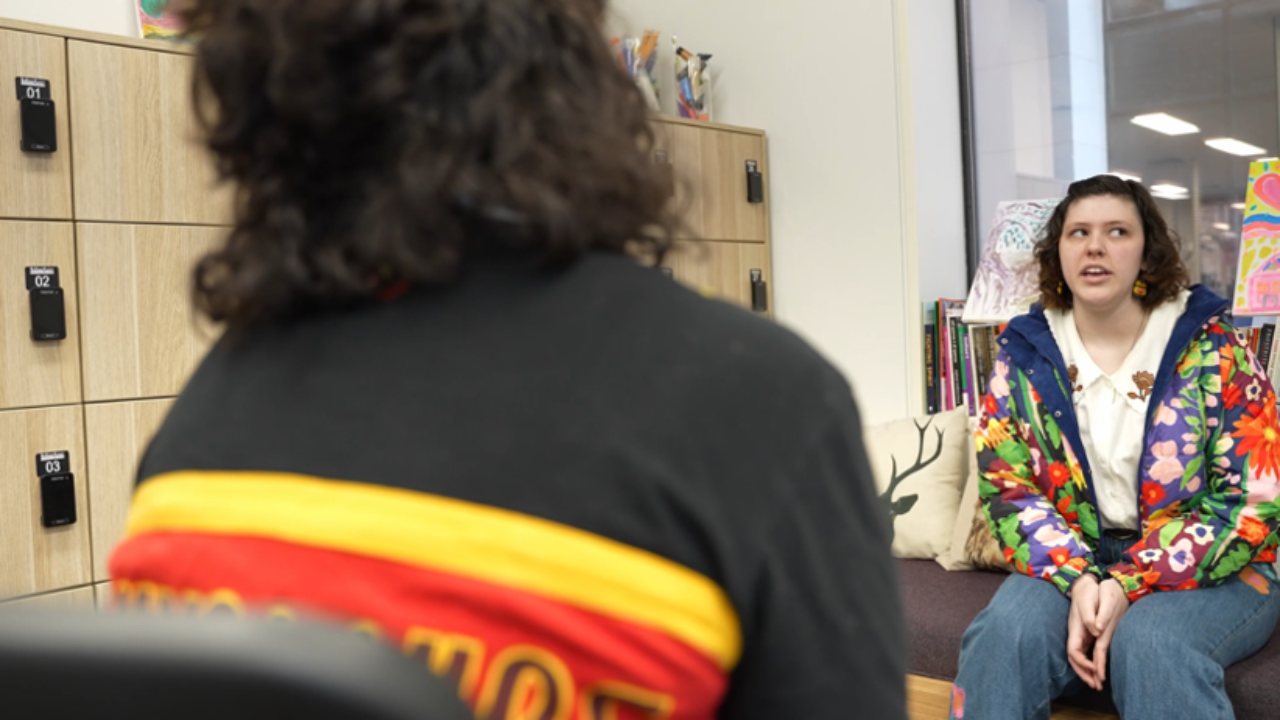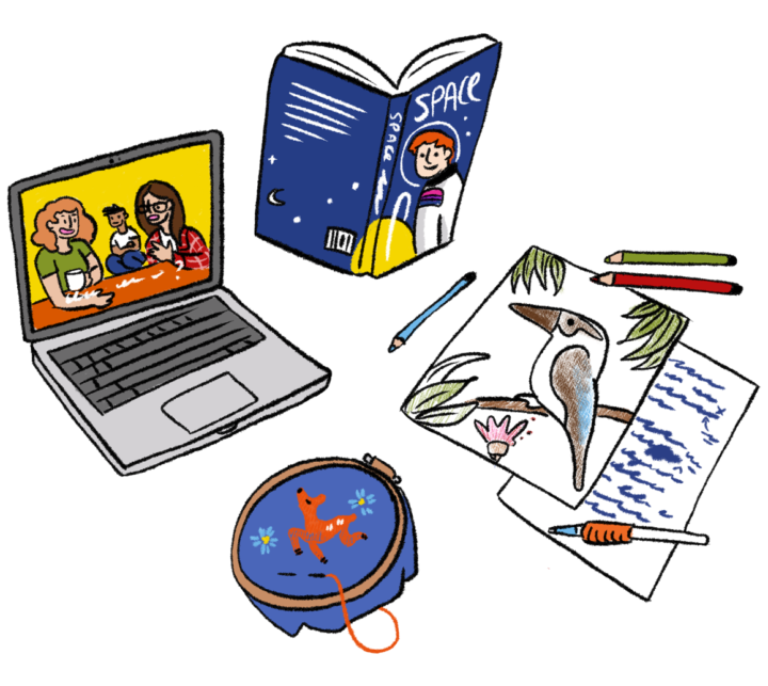What to do if people don't listen to you
Here’s what to do if you’ve spoken up about a problem but nothing has changed.
People might think the problem you are facing isn’t a big deal or they may not believe you. If people aren’t listening or they are gaslighting you, you may feel like giving up.
It’s important that you don’t give up. You have the right to be safe and be treated fairly.
Trust yourself
You know your own experiences. If you feel unsafe or uncomfortable, you should trust that feeling. If you think something is unfair or wrong, you should trust that thought.
Visit the webpage below for help recognising the signs that something is wrong.
Signs something is wrongWhere to get help
It is important to keep telling people, and asking for help, until you find someone who listens and believes you.
If you have evidence or a record of what’s been happening, this can help others understand the problem and how to fix it.
You don’t have to deal with it on your own. Visit the webpage below for a list of people who can listen and support you.

Get advocacy support
Sometimes it can help to talk to someone you know will support you, like a counsellor or advocate.
A counsellor or advocate can:
- help you work through a problem
- tell you how to find support
- help you figure out your next steps.
In this video YDAS‘s advocacy team shares how advocates can support you when you have a problem.
To find an advocate in your area, visit Ask Izzy’s Disability Advocacy Finder or AFDO’s list of advocacy organisations.

Look after yourself
It can be upsetting to go through a bad situation, and even more upsetting if people don’t listen or believe you.
When you’re dealing with a problem, it’s important to look after yourself and prioritise your mental health and wellbeing.
Stay safe
Call 000 if you are in danger now. If someone is hurting you or you feel unsafe, tell someone you trust as soon as you can.
You can also contact Kids Helpline anytime on 1800 55 1800 or chat to them on the Kids Helpline website. They provide free support to people who are 25 years old or younger. No problem is too big or too small.
Kids Helpline has also created a guide to staying safe when leaving right away isn’t an option.